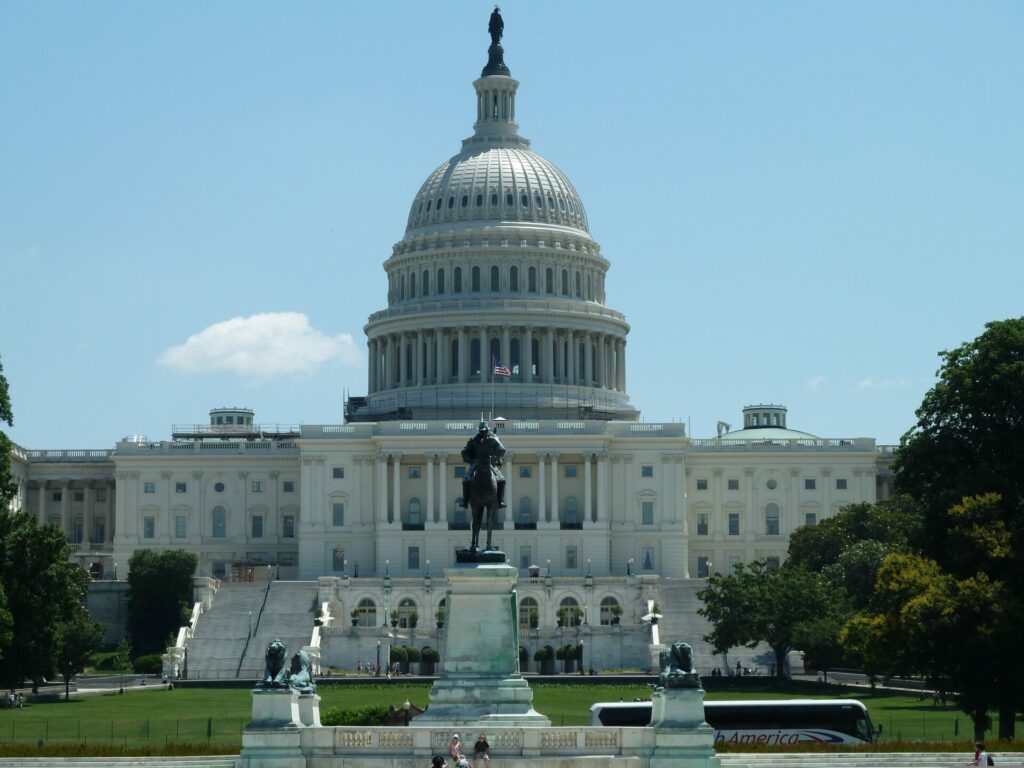History of Democracy in America
Instructor: Doug Sheflin
The health of America’s democracy has been the subject of significant public debate since the nation’s inception but events in the recent past have rekindled concerns about the nation’s democratic systems in the face of recent political polarization. Much of this focus has addressed issues related to individual rights, executive power, the role of the judiciary, and increasing incidents of political violence. The resulting emphasis on democracy – both as an ideal political system and one that often functions in ways that leave many Americans confused and frustrated and since the formation of this nation – has produced remarkably vibrant and often incredibly insightful examinations of what “democracy” means in the United States. In many cases, the most significant reforms and reform movements in this nation’s history stem from attempts to redefine democracy and extend it, particularly to individuals (women and racially minoritized people, for example) previously excluded from the democratic process. This is especially true during the revolutionary period at the nation’s founding, after the Civil War, and during the Civil Rights movements after 1945. We will investigate shifting ideas of democracy and varying applications of it during these major periods and assess how democracy has changed over time in order to better understand the nation’s past, present, and possible future.

